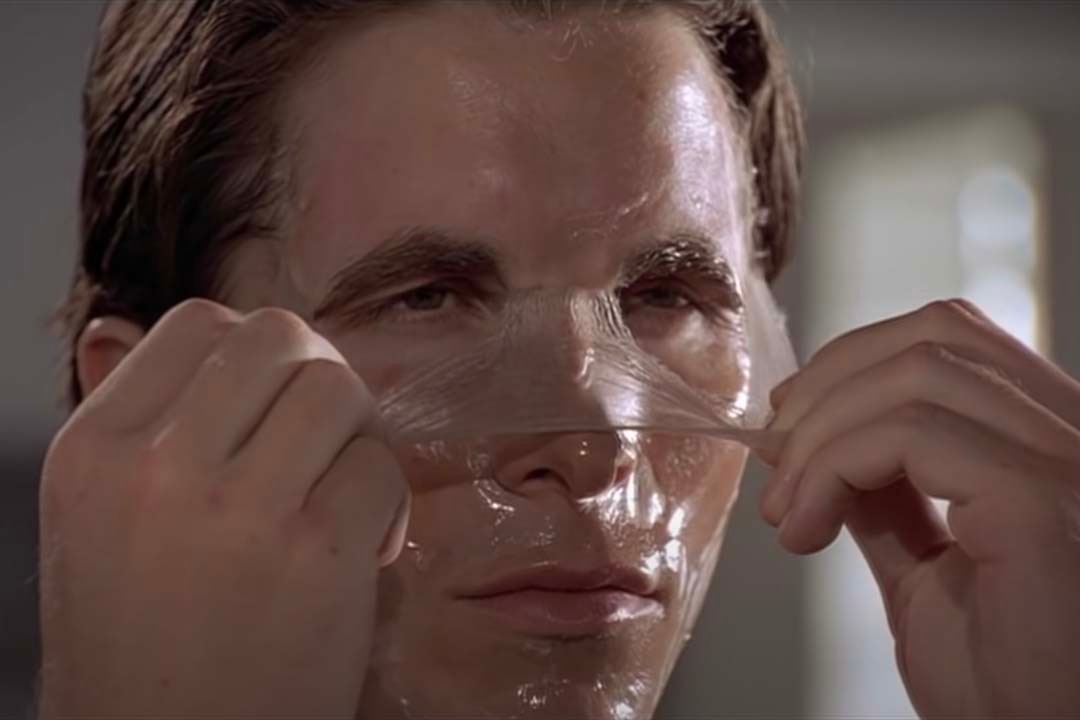American Psycho: Satire and psychopathy
American Psycho: the fine line of satire
Satire is a genre notorious for being misunderstood and misinterpreted by audiences and readers, by its very nature. Satire is a form of social commentary that deals primarily in misrepresentations. It’s no wonder satire is so often misunderstood and taken literally. Our misunderstanding of satire from taking things too seriously: now surely that tells us something important about us humans and the way we consume art. If we take a story like American Psycho at face value, as if it weren’t satire, we would of course be deeply concerned by what we might find: explicit and horrific violence, viciously misogynistic treatment of women and sex with women by a man who is a psychopathic narcissist.
Even if we take these things at face value, ideally we are armed with enough critical thinking to critique those behaviours we see in American Psycho and realise we definitely should not take those behaviours into our own day-to-day lives. You don’t need me to tell you that the stuff you read in books or watch on screen isn’t always there to be taken as a crib sheet for how we ought to live our lives. At the same time, it isn’t necessarily enough for us to look at content like that of American Psycho and not adopt those ideas into our lives - quite frankly, not being a violent psychopathic misogynistic serial killer is not something we need to be taught by watching or reading American Psycho. What we really need to do is to be critical of what we see and read, to think seriously about what it tells us about the world. And I don’t mean critical in a strictly negative sense. The material on screen is there to help us fully immerse ourselves in Patrick Bateman’s world. Not only that, but to let us into his mind, so we can follow his thought processes and therefore try to understand why he thinks and behaves as he does. Obviously Patrick Bateman’s behaviour and attitudes are appalling and dangerous for many reasons, but critiquing him is not about denouncing him, it’s about understanding him as a character and evaluating ourselves in our response to him. We’re being offered the chance to see things differently for a change.
For American Psycho, there’s also a specific context which informed Bret Easton Ellis’ writing of the 1991 novel, and so it has to be understood as a product of those contexts, especially since the essential message of the story clearly isn’t lost over time, with the 2002 film emerging over ten years after the novel. So what is that message? American Psycho is set in a world of hyper-misogynistic men, extreme capitalism and consumerism, where human relationships are commodities and the mentality is quite literally “every man for himself.” Does that sound so far from our own world (albeit perhaps a more extreme version)? Perhaps I’m being too harsh or too cynical, but if we’re being really honest, the world we live in isn’t so far from Patrick Bateman’s American Nightmare.
Mary Harron’s 2002 film adaptation of American Psycho has become a cult classic. But is it more disturbing for us to see and listen to atrocities committed on screen in film than to read and imagine for ourselves? Partly I think we want to convince ourselves in any way we can that it’s not real so we can’t be complicit spectators. The unreliable narrator element of American Psycho (in both the film and the novel) gives us a small way of doing this by letting us tell ourselves that what we see and read isn’t entirely real - even for Patrick Bateman. But at the same time we get the sense that denying what we see or read or hear cannot fully erase the thing; once it’s out there, it can’t be taken back. I suppose in some ways satire tries to challenge this ultimatum. Can something horrific or obscene, rather than make us cower or become defensive and reactionary, instead be manipulated to lay bare the true atrocity? Can horror and obscenity not be taken as they actually are rather than as a spectacle for entertainment? I don’t think American Psycho is truly as far from reality as we may hope it is. American Psycho is an extreme narrative, but it builds upon themes, ideologies and habits that people do actively (and passively) invest in: consumerism, violence and extortion, and misogyny, to name a few.
American Psycho is one of those stories that makes people very uncomfortable for lots of different reasons. It presents us with something that is extremely disturbing and upsetting and makes it a visual spectacle and a character study. It draws us in just as much as it repels us, we don’t want to be anywhere near Patrick Bateman but there’s something about his character which intrigues us. Whatever you think of American Psycho, I urge you to question what it reveals about yourself and your view of the world around you. Learning isn’t always a pretty process, and sometimes we need media like American Psycho which challenges us to think differently, see differently, and face new issues.




Comments
Post a Comment